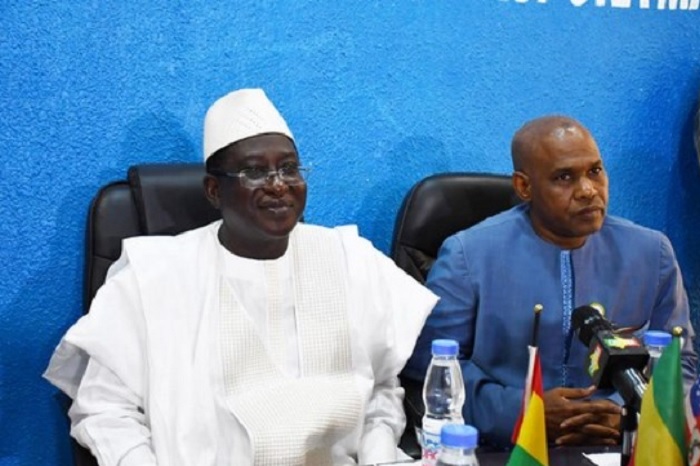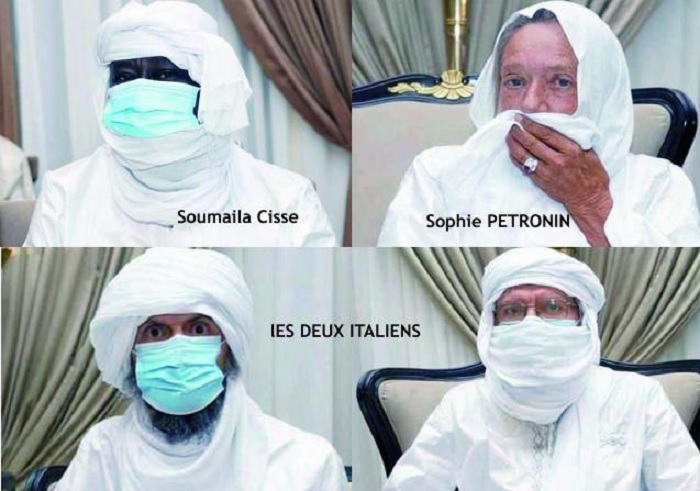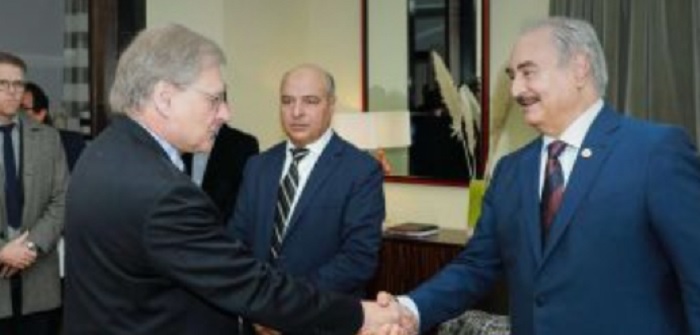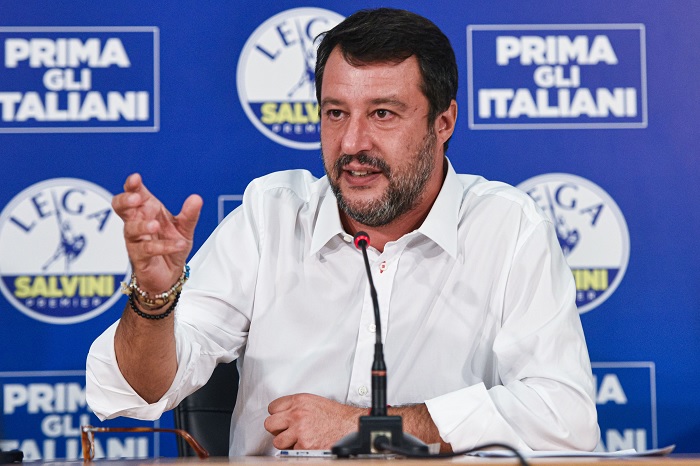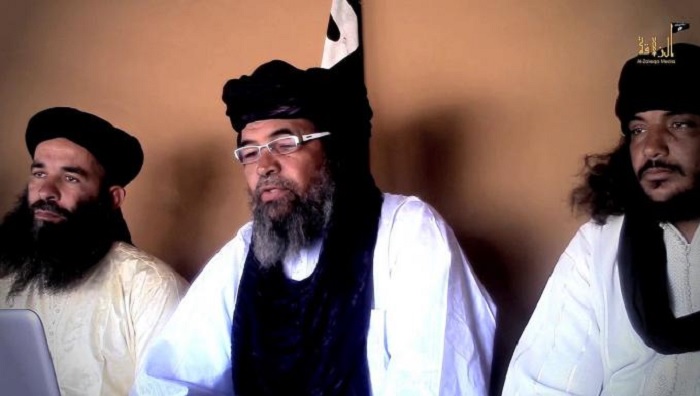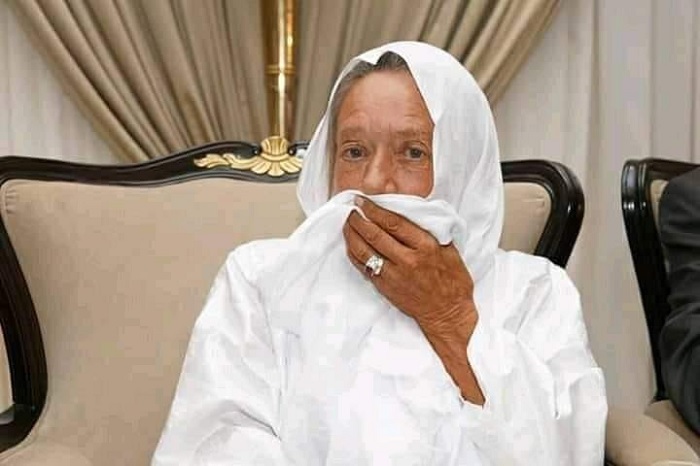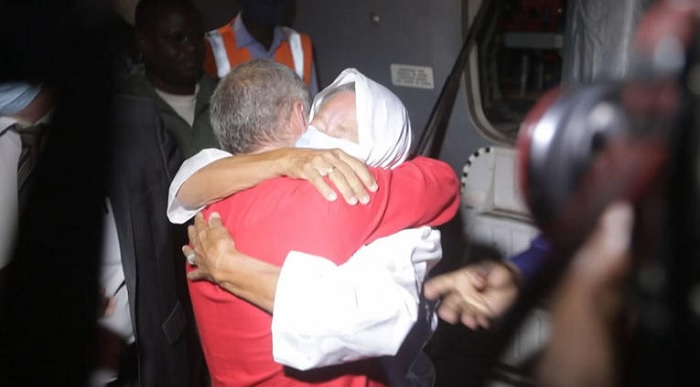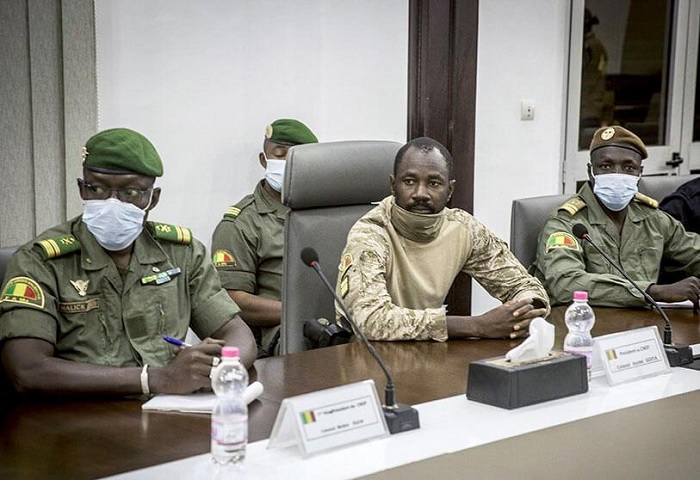Mali : SOUMAÏLA CISSE A PROPOS DE LA LIBERATION DES JIHADISTES EN MARGE DE SA LIBERATION
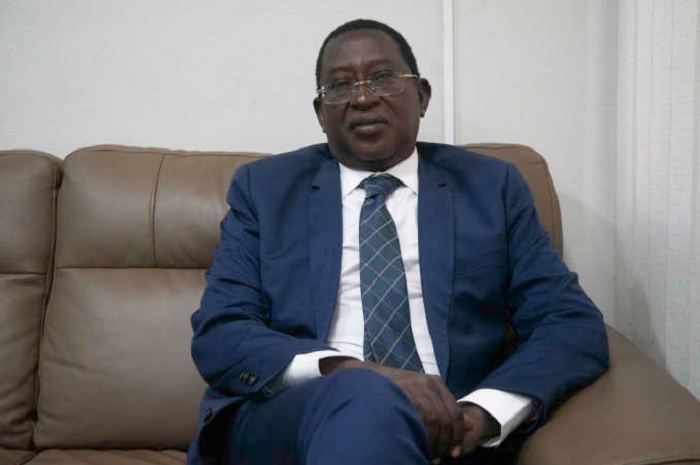
« J’ai été libéré en contre partie des djihadistes, et je crois que dans toutes les guerres les djihadistes en sont libérés… »
Après 198 jours de détention, Soumaïla Cissé, président de l’URD, enlevé le 25 mars dans son fief électoral de Niafunké, alors qu’il battait campagne pour les élections législatives du 29 mars dernier, a été libéré ce jeudi 9 octobre 2020 en contrepartie de la libération des centaines de djihadistes.

